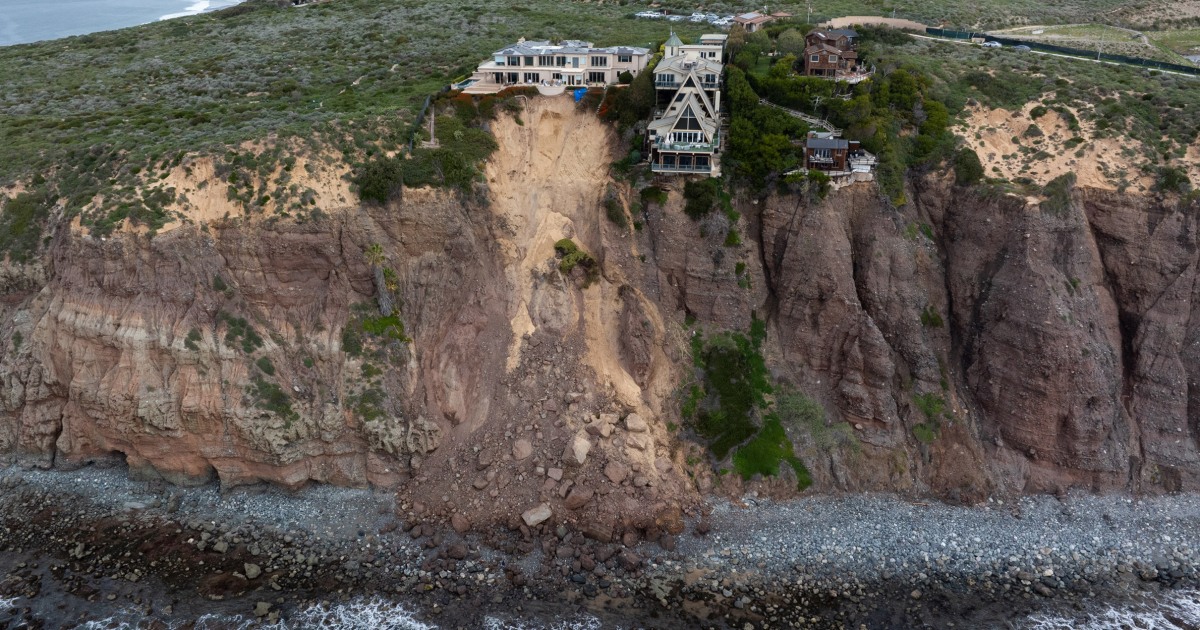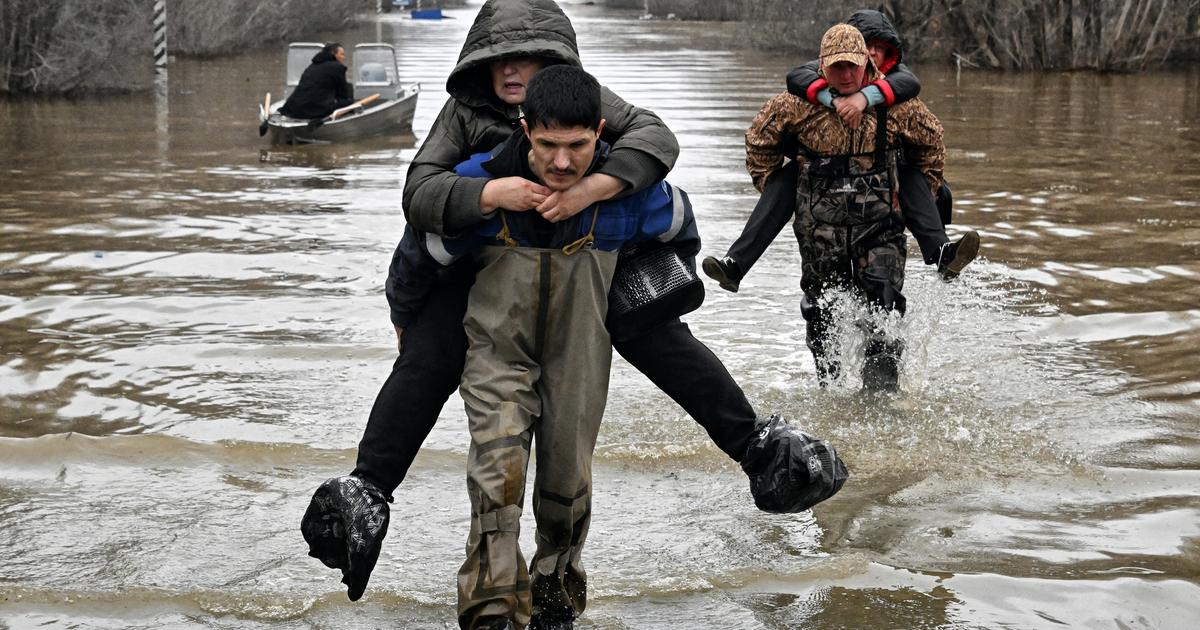Enlarge image
Low level on the Rhine: Dropped particularly early – and particularly deep
Photo:
Ying Tang / NurPhoto / IMAGO
Whether on the Rhine, Weser, Danube or Edersee: the water levels in many rivers and lakes in Germany fell particularly early this year – and to very low values.
The combination of two weather extremes, which are becoming more frequent as a result of climate change, plays a central role here: very dry phases with little precipitation and very high temperatures with high evaporation rates.
Both also have an indirect effect.
"We had very little snow in winter," says climate researcher Diana Rechid from the Climate Service Center Germany (Gerics).
»And many rivers are also fed by temporarily stored water in the summer months«.
This can be seen, for example, on the Rhine, which receives meltwater from the Alps.
There was also little snow there last winter, and as a result the flow of water into the river was lower.
Overall, a decline in glaciers has been observed for decades, says Rechid.
As a result, less water is stored there and, as a result, less meltwater is released into the rivers over the course of the summer.
Heat exacerbates the lack of water in the rivers: High temperatures lead, among other things, to more water evaporating from rivers and lakes as well as from open land areas, explains Jakob Zscheischler from the Helmholtz Center for Environmental Research.
In addition, plants give off more water vapor into the atmosphere, which also removes water from the soil.
If it rains, then right
However, a lack of precipitation remains crucial for droughts and dry rivers – be it rain in spring and summer or snow in winter.
The influence of climate change on the amount of rain varies from region to region: In some regions, for example in the Mediterranean region, climate change is leading to less rain, explains Zscheischler.
In northern Europe, on the other hand, it rains more.
So far, his team has not seen any long-term trend in Central Europe, but climate change is leading to slightly longer periods without rain here as well.
But when it rains, it can get heavy, explains the German Weather Service (DWD).
He expects that there will be more frequent and possibly also more intense heavy precipitation in Germany in the future.
"That doesn't mean that it has to rain more overall, but when it rains, it rains harder," says Thomas Deutschländer from the DWD.
This refers to the summer.
The reason for this is a physical law: the warmer the air, the more water vapor it can absorb - and thus potentially more water can be released.
Climate researcher Rechid also observes these extremes.
“We have this contradiction.
With phases with too much water and phases with too little water.« You should make the most of this: In phases in which there is too much water, you should not discharge it to the sea – but try to temporarily store the water more than before, for example in cisterns.
These reservoirs could then be used in times of low water.
According to Rechid, measures that are being developed now must be designed for future climate conditions.
She also mentions the planting of climate-friendly tree species on water bodies.
Trees are not only carbon stores, they also provide shade.
It is also important to use regenerative energy sources, to switch to climate-friendly means of transport, not to waste food or to save energy, says Rechid.
»We have to become greenhouse gas neutral as soon as possible in order to limit climate change.«
jme/dpa














